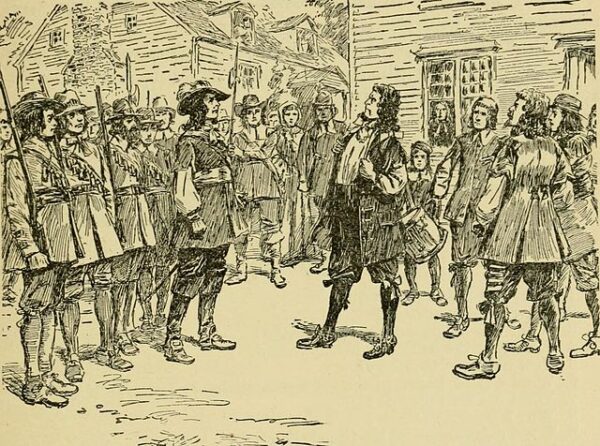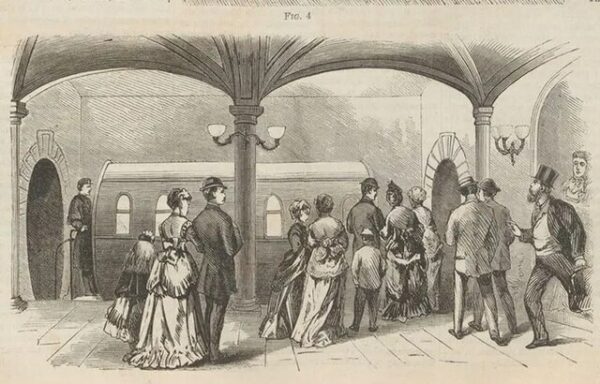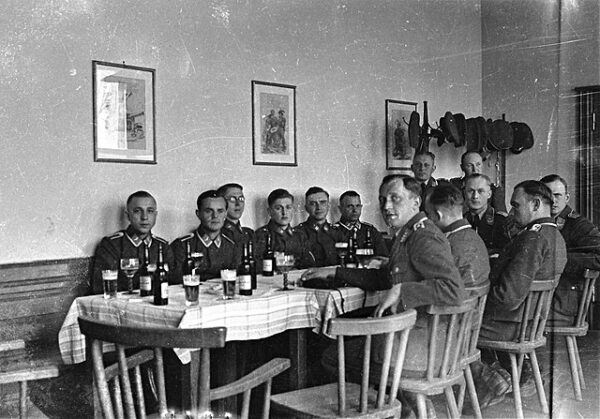In the summer of 1676, Virginia’s tidewater region simmered with discontent. Economic hardship, political grievances, and ongoing frontier conflicts converged to ignite one of the most significant uprisings in colonial American history: Bacon’s Rebellion.
The colony of Virginia in the 17th century was a place of stark contrasts. The wealth of the tobacco plantations stood in sharp juxtaposition to the impoverished conditions of many settlers, especially those living on the frontier or working as indentured servants. Economic disparity fueled resentment among the less fortunate, who saw their livelihoods threatened by falling tobacco prices, high taxes, and the lack of support from the colonial government.
The tensions were further inflamed by conflicts between white settlers and Native Americans along the frontier. Settlers frequently clashed with these indigenous groups, leading to violent skirmishes and raids. Frontier settlers, feeling abandoned by their government, were particularly outraged by Governor William Berkeley’s policies. Berkeley, aiming to maintain profitable trade relations with the tribes, adopted a stance of restraint that many perceived as weak and negligent.
Amid this growing unrest, Nathaniel Bacon emerged as an unlikely leader. Bacon, a well-to-do planter newly arrived from England, had the social standing and education to be part of the colonial elite. However, his ambition and keen understanding of the settlers’ grievances positioned him as a voice of the discontented. He vehemently criticized Berkeley’s administration for its corruption and its failure to protect frontier settlements.
The catalyst for rebellion came when a raid by the Doeg Indians on the plantation of Thomas Mathew set off a chain of retaliatory violence. Frontier settlers, seeking vengeance, launched attacks not only on the Doegs but also on other tribes, exacerbating the conflict. Governor Berkeley’s refusal to sanction a full-scale war against the Native Americans was the final straw for many settlers. They viewed his decision as further proof of his administration’s indifference to their plight.
Bacon seized this moment of crisis to rally support. He argued that the government’s refusal to protect its people was intolerable and that direct action was necessary. Bacon’s rhetoric resonated with many settlers, and he quickly assembled a force of disgruntled frontiersmen ready to defy the colonial government.
In defiance of Berkeley’s authority, Bacon and his followers launched unauthorized attacks against the Native American tribes. These actions marked the beginning of open rebellion. The conflict escalated as Bacon’s forces marched on Jamestown, the colonial capital, compelling Berkeley to flee. On July 30, 1676, Bacon issued his “Declaration in the Name of the People,” a bold manifesto that outlined the settlers’ grievances and justified their rebellion. He signed the document “Generall, by the consent of the People,” asserting his leadership and the legitimacy of their cause.
For a brief period, Bacon controlled much of the colony, implementing reforms and promising to address the settlers’ demands. However, Bacon’s ascendancy was short-lived. Disease struck his camp, and Bacon himself succumbed to dysentery in October 1676. Without their charismatic leader, the rebellion quickly unraveled. Governor Berkeley, with the support of loyalist forces and reinforcements from England, reasserted control over the colony. He enacted harsh reprisals against the rebels, executing many and confiscating their property.
Bacon’s Rebellion had lasting repercussions. It exposed deep divisions within Virginia society and highlighted the fragility of colonial governance. The rebellion also prompted the British Crown to reconsider its policies towards the colonies, leading to greater control and oversight.
In the aftermath, the Virginia elite shifted their labor force from indentured servants to African slaves, believing that a more distinct racial divide would reduce the likelihood of future alliances between poor whites and enslaved blacks. This decision had profound implications for the social and economic fabric of the colony and the future United States.






